In recent days, due to the impact of storm No. 3, many localities in the province have suffered from flash floods, landslides, and localized flooding. During and after storms and floods, many microorganisms, dust, garbage, waste, etc. will flow with the water to many places, causing environmental pollution and posing many potential risks of epidemics.
Furthermore, rain and flooding are favorable conditions for bacteria, viruses and disease vectors to grow and cause diseases in humans.
In order to ensure people's health to overcome the consequences caused by natural disasters, the Chairman of the Provincial People's Committee requested the Department of Health to direct medical examination and treatment facilities to organize 24/24 hours on duty, without interruption in emergency cooperation and treatment for people. Ensure adequate supplies of medicine, blood, infusion fluids, supplies, chemicals, medical equipment, medical oxygen; prepare emergency plans in case of a large number of patients arriving at the same time. Arrange hospital beds and vehicles, ready to respond and serve the treatment, emergency and treatment of patients with epidemics during and after floods.
Thoroughly educate medical staff to follow the hospital's rules and regulations, improve service awareness, and cultural behavior towards patients and their families when they come for examination and treatment. Visit and encourage inpatients, especially those in difficult circumstances, the poor, and those under policy.
Regarding disease surveillance and response, proactively review and assess disease risks in areas likely to be affected by storm No. 3, especially areas with heavy rain, floods, flash floods, and landslides; be ready and proactively deploy disease prevention plans when situations arise. Strengthen and maintain mobile anti-epidemic teams to support lower levels in monitoring and handling epidemics and infectious diseases circulating in conditions of heavy rain, floods, flash floods, floods, and landslides.
Organize monitoring, timely detection and thorough handling of infectious disease outbreaks occurring during and after storm No. 3, areas affected by heavy rain, flash floods, inundation, landslides such as: diarrhea, pink eye, respiratory tract infections, athlete's foot, flu, dengue fever, especially need to be on guard against diseases transmitted through the digestive tract such as diarrhea, cholera, dysentery, typhoid...
Organize propaganda and guide people in areas affected by floods, flash floods, inundation, and landslides to deploy disease prevention measures and measures to ensure environmental sanitation.
Ensure human resources, medicines, chemicals, equipment and facilities for the prevention of infectious diseases in localities in areas affected by floods, flash floods, inundation and landslides.
Direct the Provincial Food Safety and Hygiene Department to coordinate with relevant departments, branches and sectors to ensure the treatment of drinking water, environmental sanitation and personal hygiene. Implement the principle of "cooked food and boiled water" to ensure food safety.
Promote propaganda and dissemination of knowledge on food safety through various appropriate forms and media.
Strengthen leadership and direction of relevant departments, branches, communes, wards and towns to effectively implement disease prevention and control work, not be subjective or negligent, and effectively prevent the spread of disease.
Direct the People's Committees of communes, wards, towns and specialized departments of the district to strengthen monitoring, early detection of suspected cases, timely handling of outbreaks, and preventing outbreaks from spreading to the community.
Actively coordinate with the Departments of Health and Agriculture and Rural Development in monitoring poultry diseases, taking samples of suspected subjects (including animals and humans), and reporting promptly to have early and effective measures.
Source: https://kinhtedothi.vn/lao-cai-tang-cuong-dam-bao-cong-tac-y-te-ung-pho-mua-lu.html


![[Photo] Prime Minister Pham Minh Chinh chairs the Government's online conference with localities](https://vphoto.vietnam.vn/thumb/1200x675/vietnam/resource/IMAGE/2025/10/5/264793cfb4404c63a701d235ff43e1bd)
![[Photo] Prime Minister Pham Minh Chinh launched a peak emulation campaign to achieve achievements in celebration of the 14th National Party Congress](https://vphoto.vietnam.vn/thumb/1200x675/vietnam/resource/IMAGE/2025/10/5/8869ec5cdbc740f58fbf2ae73f065076)




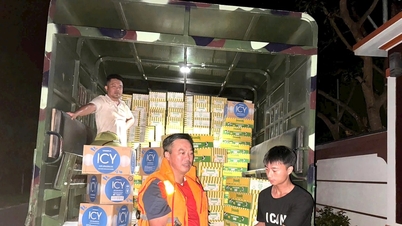



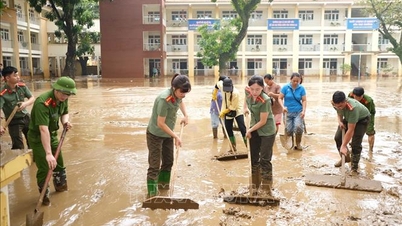



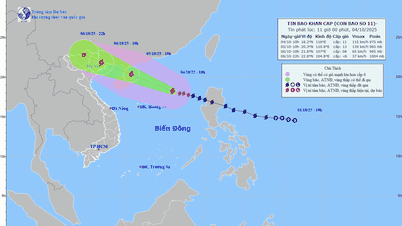
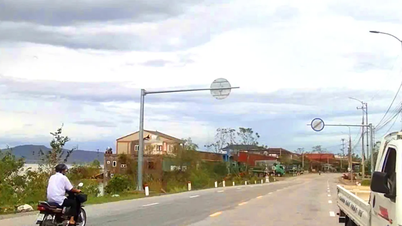

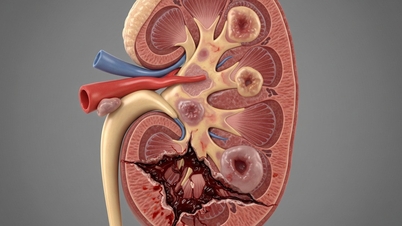


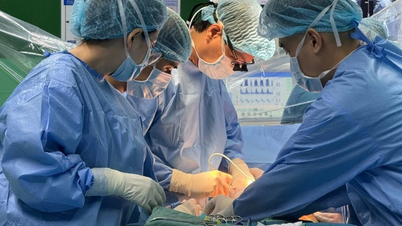

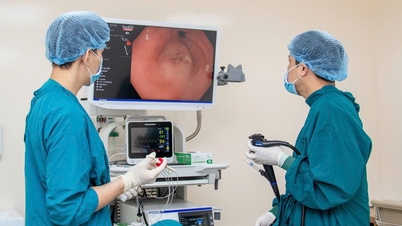
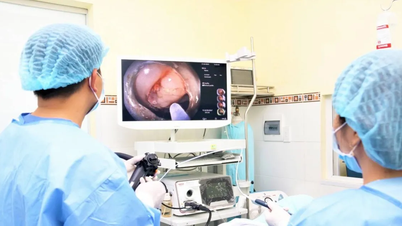
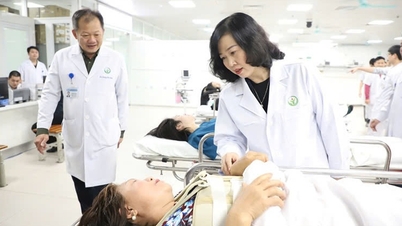



































![[VIDEO] Summary of Petrovietnam's 50th Anniversary Ceremony](https://vphoto.vietnam.vn/thumb/402x226/vietnam/resource/IMAGE/2025/10/4/abe133bdb8114793a16d4fe3e5bd0f12)

![[VIDEO] GENERAL SECRETARY TO LAM AWARDS PETROVIETNAM 8 GOLDEN WORDS: "PIONEER - EXCELLENT - SUSTAINABLE - GLOBAL"](https://vphoto.vietnam.vn/thumb/402x226/vietnam/resource/IMAGE/2025/7/23/c2fdb48863e846cfa9fb8e6ea9cf44e7)














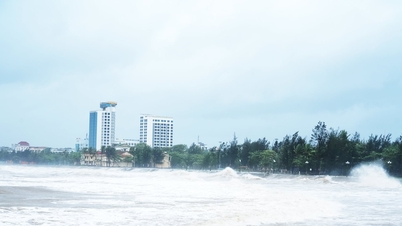




















Comment (0)